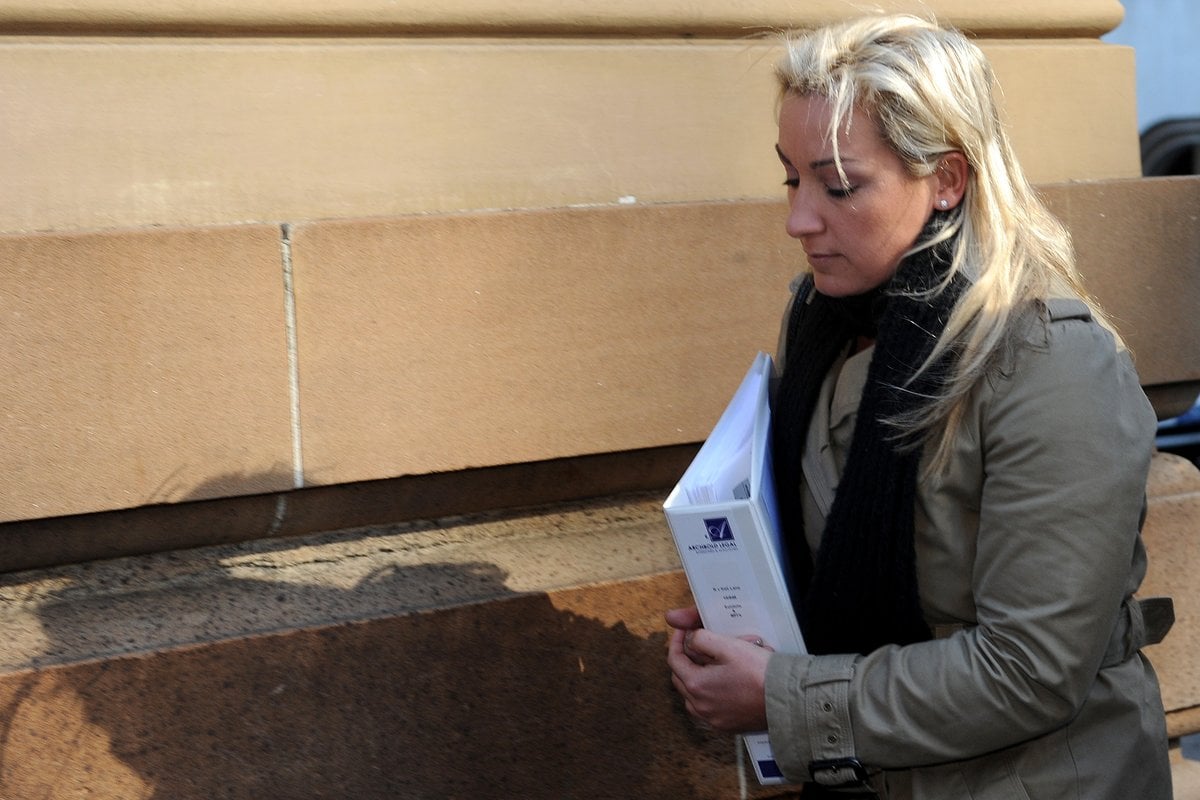
Keli Lane has always maintained her innocence. This week, the 49-year-old is sought parole — the NSW Parole Authority hearing submissions from Lane's legal representatives in a closed hearing on Friday. Though she was denied parole.
Lane was sentenced to a maximum of 18 years in prison, and has served time in some of the state's toughest prisons.
It's a result of her conviction that she murdered her two-day-old daughter, Tegan Lee Lane, in 1996.
Her daughter Tegan was born on September 12, 1996 at Western Sydney's Auburn Hospital. Lane has maintained she gave Tegan to the infant's father, a man named Andrew Norris or Morris, soon after giving birth. Extensive police investigations failed to locate Tegan or the man Lane named as her father, with whom she said she had a brief affair.
In 2010, Lane was convicted of murdering Tegan, though the child's body has never been found.
This soon became one of Australia's most notorious criminal cases.
Watch: the case of Keli Lane. Post continues below.
Over the years, Lane's narrative has shifted repeatedly, but the version she ultimately insisted on — that she handed Tegan over to the baby's biological father — led to her undoing.
Lane was 21 at the time of Tegan's birth.

Top Comments